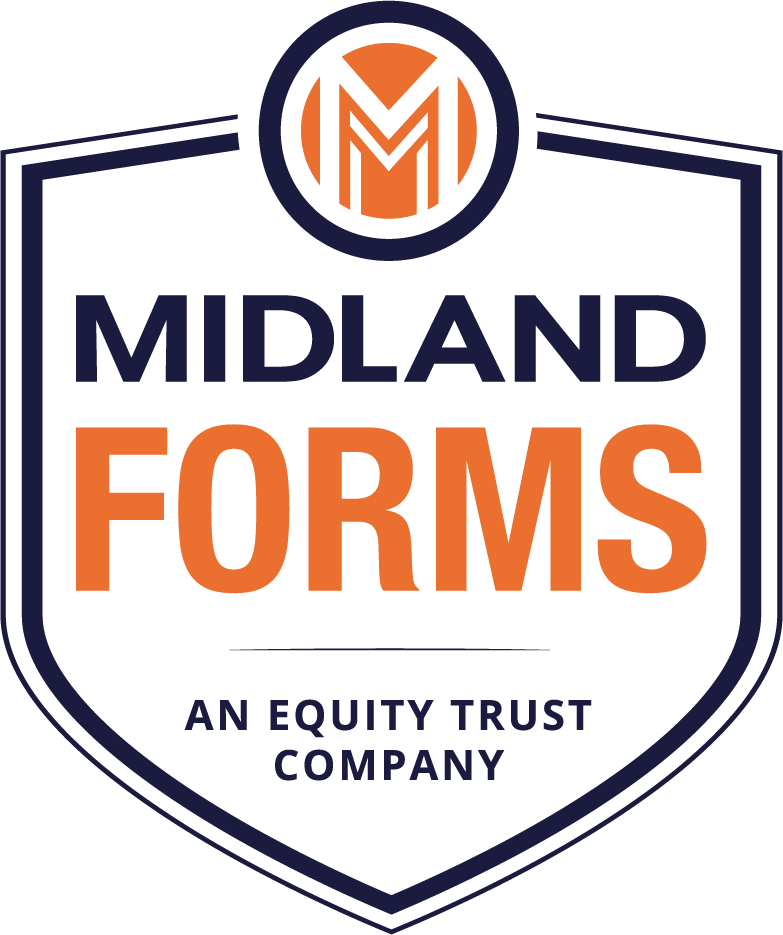What is a Corporation?
A corporation is a type of entity structure that is distinct and separate from its owners. Corporations can be taxed, make a profit, and are considered a separate “legal person” from its owners, and therefore can be held legally liable for certain acts and omissions.
The two types of corporations are C Corps and S Corps. Most people know the names C Corp or S Corp but not that these aren’t two different types of corporations – rather two different tax election statuses.
How to Set Up a Corporation
- Name Your Corporation
- Appoint a Board of Directors
- Choose a Registered Agent
- File the Articles of Incorporation
- Apply for an Employer Identification Number (EIN)
- Create Corporate Bylaws
- Hold an Organizational Meeting
- Open a Corporate Bank Account
Starting your business with an LLC may seem overwhelming or daunting at first, but it is pretty straightforward. Let’s dive in to give you a better understanding of how the process works and the important things to consider.
Step 1 – Name Your Corporation
When naming your corporation, you want to come up with a name that reflects your brand’s unique identity. You’ll need to be cognizant of your state’s requirements when naming your corporation, as some words or phrases are expressly required or prohibited. But don’t worry, Midland Forms can help with that!
STEP 2 – Appoint a Board of Directors
Once your corporation has been named, the next step is to appoint a board of directors. The board of directors oversees the corporation when it comes to strategies, corporate governance, investments, and profits, just to name a few. Most states require at least one board of directors, but it varies from state to state. The board of directors does not have to be owners, although they can be.
STEP 3 – Choose a Registered Agent
A registered agent (RA) is an individual or company that accepts documents and notices on behalf of your business and is a requirement of every business entity.
This could be a preferred structure that will allow some members to be passive investors in the business. The members could delegate management responsibilities and duties to one or more members or even nonmembers of the business.
Some states require you to specify this when completing your filing and is something to take into consideration when beginning to establish your business.
You can act as your own Registered Agent for your corporation. The requirement is that you have a physical address in the state you file. A P.O. Box address will not be accepted. However, hiring an outside Registered Agent has many benefits.
Remember, your Registered Agent must be available during normal business hours throughout the year, which is why it can be beneficial to hire an outside service.
